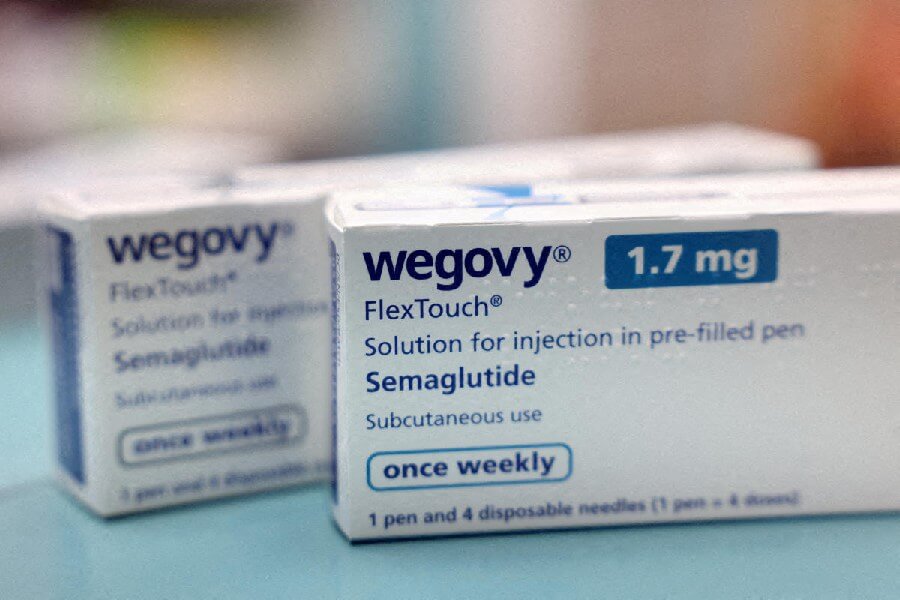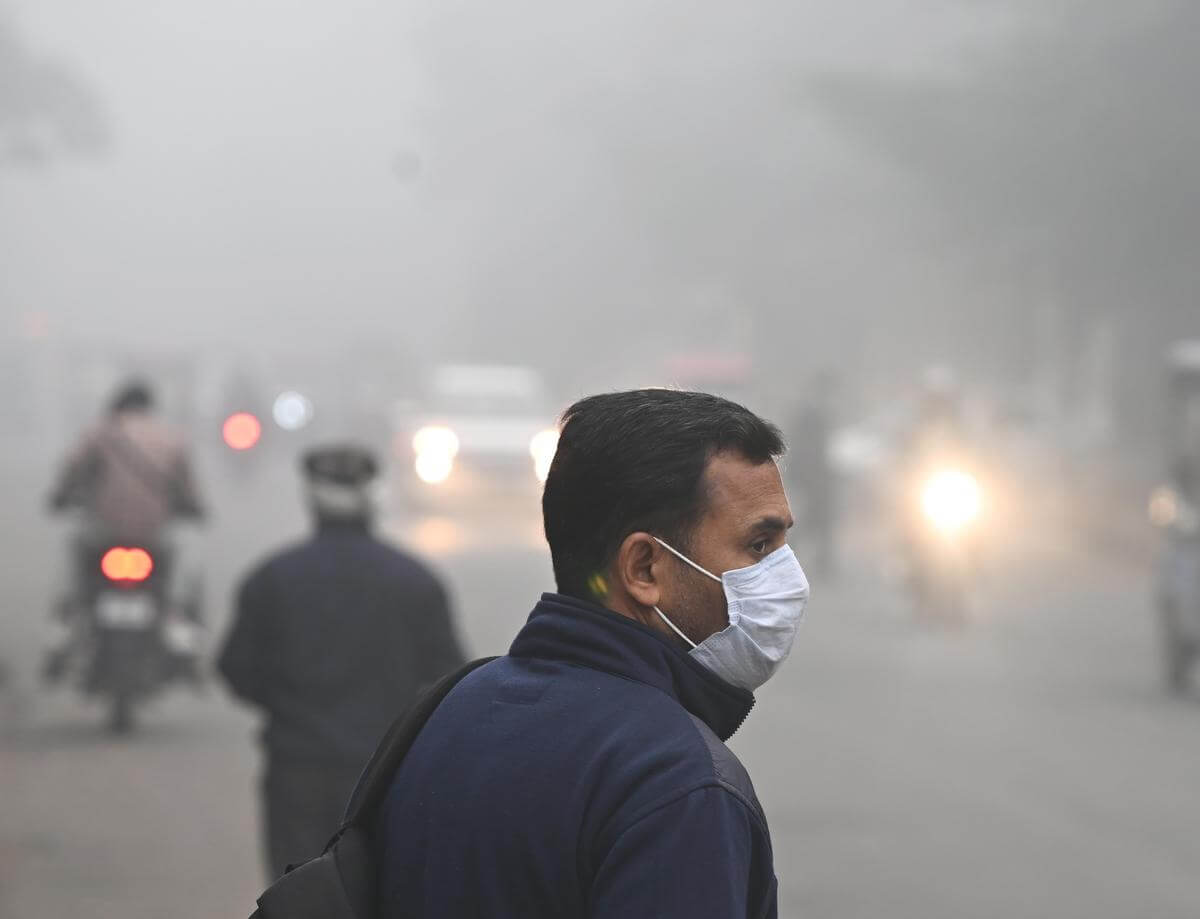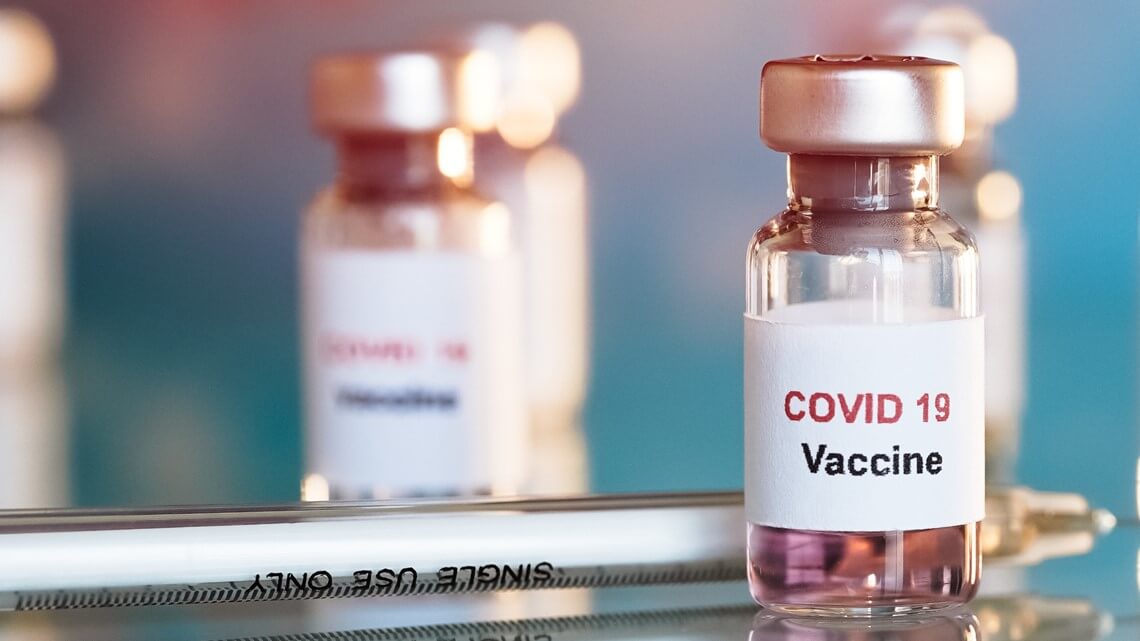Indians to be deficient in iron, calcium, folate intake, estimates Lancet Study
Sat 31 Aug 2024, 23:09:44

A study featured in The Lancet Global Health journal reveals that individuals across all age groups in India, encompassing both genders, are consuming insufficient quantities of essential micronutrients crucial for health, such as iron, calcium, and folate.
This research is groundbreaking, as it is the first to provide estimates of inadequate intake of 15 micronutrients across 185 countries, based solely on dietary habits without supplement use, according to an international team of researchers, including those from Harvard University, USA. The study indicates that nearly 70 per cent of the global population, equivalent to over five billion people, are not consuming enough iodine, vitamin E, and calcium.
The researchers also discovered that within a single country and age group, a greater proportion of women were not getting adequate amounts of iodine, vitamin B12, and iron compared to men. Conversely, more men than women were found to be consuming insufficient quantities of magnesium, vitamin B6, zinc, and vitamin C.
In the Indian context, it was noted that a higher percentage of women were deficient in iodine intake compared to men, while a larger number of men had insufficient levels of zinc and magnesium compared to women. Although previous analyses over the past decade have investigated micronutrient deficiencies, the researchers highlighted that significant data gaps remain for many micronutrients and demographic groups.
In this study, the researchers utilised publicly accessible data from the Global Dietary Database to estimate the prevalence of insufficient nutrient intake for 99.3 per cent of the global population.
The study further revealed that individuals aged 10-30 years, particularly in South Asia, Southeast Asia, and sub-Saharan Africa, are most susceptible to low calcium intake. The authors suggest that these findings could help public health professionals identify populations that require dietary interventions.
They also mentioned that as the study did not consider the consumption of fortified foods or supplements, the results might overestimate deficiencies for certain key nutrients, particularly in regions where fortified foods and supplements are commonly consumed.
The study’s release coincides with the upcoming National Nutrition Week in India, observed from 1st to 7th September, which aims to promote awareness about nutrition and encourage
healthier eating habits. This annual observance has been in place since 1982.
healthier eating habits. This annual observance has been in place since 1982.
Commenting on the study, geneticist Aparna Bhanushali stated that it not only highlights the limited diversity in diets but also underscores deeper socioeconomic challenges that hinder access to nutrient-dense foods.
"Scientifically, these deficiencies are rooted in diets dominated by staple grains like rice and wheat, which lack these crucial nutrients," Bhanushali, Head of Growth and Scientific Support at HaystackAnalytics, Mumbai, a genomics-based diagnostic solution provider, told PTI.
She added that the bioavailability, or absorption, of these nutrients, is often reduced by phytates and oxalates, commonly found in vegetarian diets prevalent in India.
"While Indian diets generally provide sufficient levels of essential micronutrients, factors like the type of iron, presence of absorption inhibitors, and regional dietary patterns significantly affect micronutrient bioavailability and absorption rates," Bhanushali said.
Along with dietary factors, regional practices and socioeconomic conditions have been shown to influence micronutrient absorption.
"Despite adequate dietary iron intake, with most diets containing around 26 mg of iron, the absorption rate is notably low, ranging between 1-5 per cent. This low bioavailability (or absorption) is primarily due to the presence of non-haem iron in cereal-pulse-based diets, which is less efficiently absorbed compared to haem iron found in red meat," Bhanushali said.
To close the dietary gaps revealed in the study, she recommended taking supplements and called for widespread public health campaigns.
Suggesting solutions on micronutrient deficiencies, Bhanushali said, "Precision nutrition offers a transformative solution for addressing micronutrient deficiencies in India by using detailed individual and group-level data to tailor dietary recommendations."
Precision nutrition is based on the principle that people respond differently to nutrition due to genetic, biochemical, and environmental factors. Therefore, it can provide a way to tailor dietary recommendations to an individual and provide more informed advice.
"While large-scale individualisation is complex and costly, stratification -- or grouping individuals with similar profiles -- offers a practical approach," she said.
No Comments For This Post, Be first to write a Comment.
Most viewed from Health
AIMIM News
Latest Urdu News
Most Viewed
May 26, 2020
Can Lionel Messi's visit boost Indian football?
Latest Videos View All
Like Us
Home
About Us
Advertise With Us
All Polls
Epaper Archives
Privacy Policy
Contact Us
Download Etemaad App
© 2025 Etemaad Daily News, All Rights Reserved.

























.jpg)
.jpg)
.jpg)


